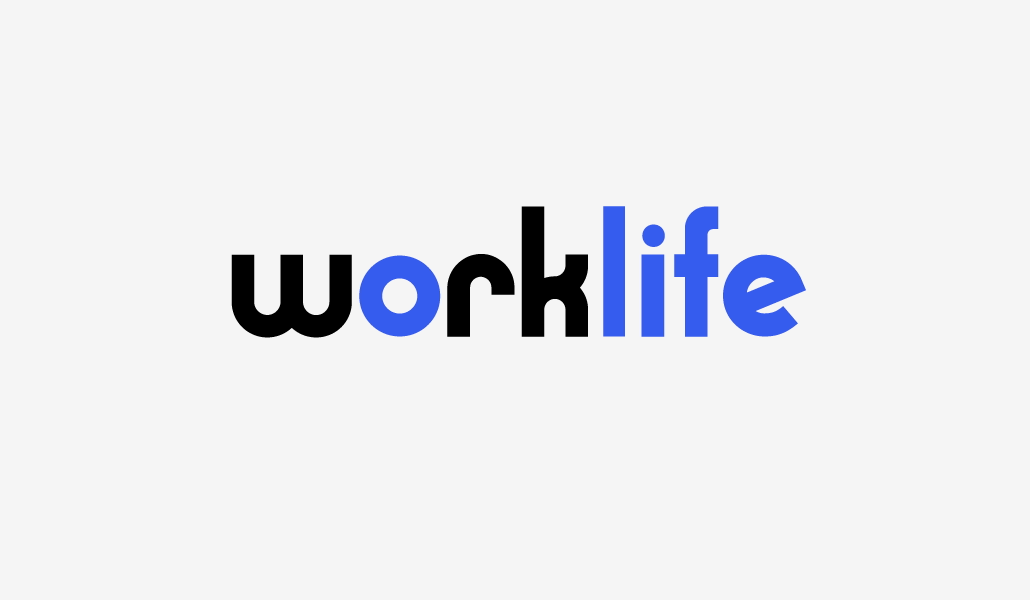“As the need for AI talent increases, we may see more companies targeting these data-intensive jobs outside of traditional tech in order to secure the people they need.”
AI revolution creates demand for hot new job: AI librarian

As AI reshapes business, including the business of HR, a new role is emerging that bridges the gap between human expertise and machine learning: the AI librarian.
It’s a job you may have never heard of, but chances are that, given time, you will. In fact, it is one of the hottest new roles to emerge from the explosion in generative AI, according to a report by Korn Ferry, whose AI lead characterized skills required for collecting, organizing and analyzing data as the “central nervous system of AI.”
The growing demand for AI librarians “highlights how the evolution of technology is creating roles that merge traditional skills like information management with modern demands in data-driven environments,” said Jaycee Schwarz, talent acquisition specialist at ad tech and fintech firm Prizeout.
Schwarz explained that with AI systems generating increasingly complex data, it’s not enough to just build and deploy such systems — companies need experts who can curate and translate the data into actionable insights. “It reflects a growing understanding across industries that managing the flow and structure of information is just as crucial as developing the technology itself,” she said.
Given how organizations are scrambling to secure scarce AI talent, hiring managers are attracting professionals like librarians and actuaries who have experience with data and can be taught the necessary AI skills, added Paul Farnsworth, chief technology officer at tech careers marketplace Dice. “As the need for AI talent increases, we may see more companies targeting these data-intensive jobs outside of traditional tech in order to secure the people they need,” he said.
What does it take to be an AI librarian? Ask Dougal Martin, head of knowledge and resident AI librarian at Deel, a global payroll and HR support company with 35,000 clients in 160 countries. Martin’s diverse background includes roles as a writer, insurance underwriter, and communications and marketing director. To service the informational needs of Deel’s extensive client roster, he manages a knowledge base of more than 20,000 articles with a team of 18 writers. Around 2,000 articles are added each month.
Among required skills, “empathy is a big one,” said Martin, as are a love of information and the ability to organize complex data and understand the needs of users.
Despite the job’s heavy reliance on technology, Martin emphasizes the critical role of human input. “The baseline infrastructure about content, the knowledge base has to be human generated,” he said. “A human performed that analysis. A human said, ‘This is what’s going to happen.’” He stressed that such a human-centric approach ensures accuracy and reliability, notably crucial in fields like HR where compliance and legal issues are at stake.
For HR professionals, particularly those dealing with a global workforce, the emergence of AI librarians and robust knowledge management systems is a game-changer, as they can provide quick access to up-to-date information on complex issues like international labor laws, payroll regulations and compliance requirements. “Every piece of bad information is a potential for error, is a compliance risk,” added Martin.
Managing a trove of information comes with unique challenges, according to Martin. “People in different countries use words differently, and when you translate…from one language to another, there’s really a high risk of misunderstanding,” he said, adding that such complexity underscores the need for human oversight in AI-driven systems.
As businesses navigate the AI revolution, it is a sure bet that roles like AI librarian will become increasingly vital, seeing that they ensure the vast potential of AI is grounded in reliably accurate information. For HR professionals, partnering with such knowledge experts can lead to more informed decision-making, better compliance, and ultimately more effective talent management.
Related
A top recruiter says sports marketing roles are hot right…
Jobs are opening up in the sports industry as teams expand and money flows into the industry.Excel Search &
Public employees and the private job market: Where will fired…
Fired federal workers are looking at what their futures hold. One question that's come up: Can they find similar salaries and benefits in the private sector?
Mortgage and refinance rates today, March 8, 2025: Rates fall…
After two days of increases, mortgage rates are back down again today. According to Zillow, the average 30-year fixed rate has decreased by four basis points t
U.S. economy adds jobs as federal layoffs and rising unemployment…
Julia Coronado: I think it's too early to say that the U.S. is heading to a recession. Certainly, we have seen the U.S. just continue t










